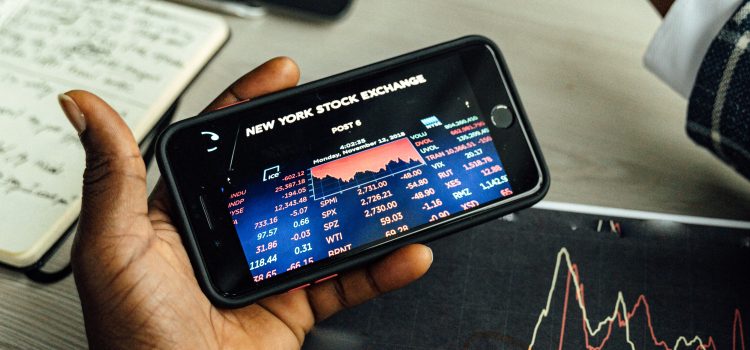
In a move that has captivated the financial world, legendary investor Warren Buffett has made a substantial investment in several major Japanese trading firms, a decision that has sent shockwaves throughout the industry and driven up analyst targets. With his unparalleled track record, Buffett’s investment decisions are closely watched and often seen as indicators of market sentiment. This recent move marks a significant shift in his investment strategy and underscores his confidence in Japan’s economic prospects.
Buffett’s conglomerate, Berkshire Hathaway, disclosed in its latest regulatory filing that it had acquired substantial stakes in five of Japan’s most prominent trading companies: Itochu Corp, Marubeni Corp, Mitsubishi Corp, Mitsui & Co, and Sumitomo Corp. These trading firms, known as “sogo shosha” in Japan, are at the heart of the nation’s export-driven economy, involved in a wide range of businesses, including energy, metals, and agricultural commodities.
The precise details of Buffett’s investments remain undisclosed, as is customary for Berkshire Hathaway, which often keeps its positions confidential. However, market speculators estimate that his combined stake in the five companies may exceed several billion dollars, signaling his commitment to the Japanese market and his long-term investment outlook.
This unexpected move by Buffett has ignited a surge in analyst targets for the Japanese trading firms. Financial experts and market observers are revising their projections upward, anticipating a boost in the companies’ profitability and market valuations. The presence of such a prominent investor like Buffett lends credibility and fosters optimism among both domestic and international investors, prompting many to view these stocks as attractive investment opportunities.
The significance of Buffett’s investment extends beyond the immediate financial impact. His bet on Japan trading firms not only reflects his confidence in the country’s economic fundamentals but also highlights his ability to identify undervalued assets and seize opportunities in overlooked markets. Buffett’s reputation as a value investor is well-established, and this move adds another chapter to his long-term success story.
However, as with any investment, risks and challenges persist. Japan’s trading firms operate in a complex and dynamic global environment, facing geopolitical tensions, fluctuating commodity prices, and potential disruptions to international trade. Buffett’s bet on these companies carries an inherent level of risk, as their fortunes are closely tied to global economic conditions and the broader macroeconomic landscape.
In conclusion, Warren Buffett’s recent investment in Japanese trading firms has generated considerable buzz in the financial world. As analyst targets soar, the move demonstrates Buffett’s ability to identify promising opportunities and his confidence in Japan’s economic potential. While risks remain, his investment serves as a testament to his distinctive investment style and unwavering pursuit of long-term value.
Disclaimer: The opinions expressed in this article are solely those of the author and do not reflect the views of the publication or its editorial staff. Investment decisions should be made after careful consideration of personal financial circumstances and in consultation with a qualified financial advisor.










